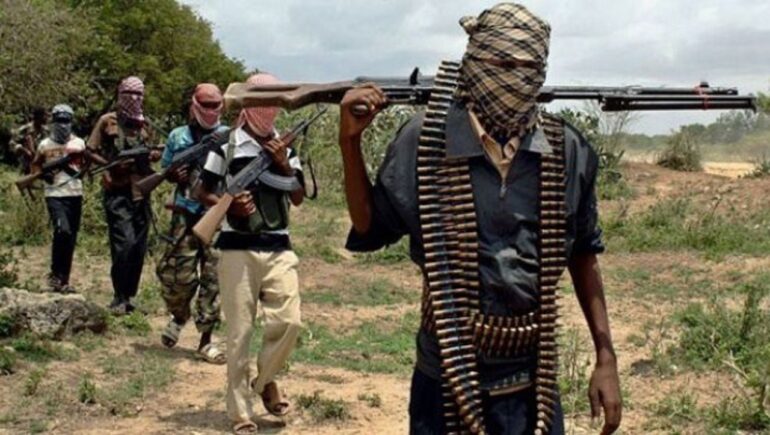At least 20 people, mostly young girls and women, have been abducted by bandits in Moriki town, located in Zurmi Local Government Area of Zamfara State.
A resident, Sufyanu Moriki, said that the victims were kidnapped on Saturday while gathering firewood on the outskirts of the town.
“The abduction actually happened on Saturday. They went out to fetch firewood when they were kidnapped by the armed group,” he said. “As of now, the bandits have not contacted anyone to demand ransom.”
The Zamfara State Police Command has yet to confirm the incident. When contacted, the command’s spokesperson, Yazid Abubakar, said he had not been briefed and promised to provide updates once more information is available.
What began as a conflict between herders and farmers over land and water rights has evolved into a full-scale organized crime crisis in Nigeria’s northwest. Armed groups—commonly referred to as bandits—now regularly engage in mass abductions, cattle rustling, extortion, and attacks on rural communities that suffer from minimal government presence.
The escalating violence is worsening food insecurity and malnutrition across the region, as persistent attacks force thousands of people off their farmlands. Climate change and reductions in foreign aid have further deepened the humanitarian crisis.
Just last month, bandits in Zamfara reportedly killed 33 captives they had abducted in February, despite receiving a ransom of $33,700. According to officials and residents, three infants also died while in captivity.
Links to Jihadist groups deepen security woes
Since 2011, increased arms trafficking and instability across the wider Sahel region have fueled the growth of heavily armed gangs in northwest Nigeria. What initially centered around cattle rustling and kidnappings has grown into a vast criminal enterprise, with bandits imposing levies on farmers and artisanal miners.
There are increasing signs of cooperation between these criminal groups and jihadist factions operating in Nigeria’s northeast. The recent emergence of the Lakurawa jihadist group in the northwest has contributed to a surge in violence.
While the Nigerian military has intensified operations—killing at least 95 gang members two weeks ago in Niger State through ground assaults and airstrikes—analysts warn that the armed forces are overstretched. Despite improved coordination between the army and air force, civilian casualties from airstrikes remain a serious concern.
In response to the deteriorating security, some state governments have begun recruiting anti-jihadist militias from the northeast to assist in combating the bandit threat in the northwest.


